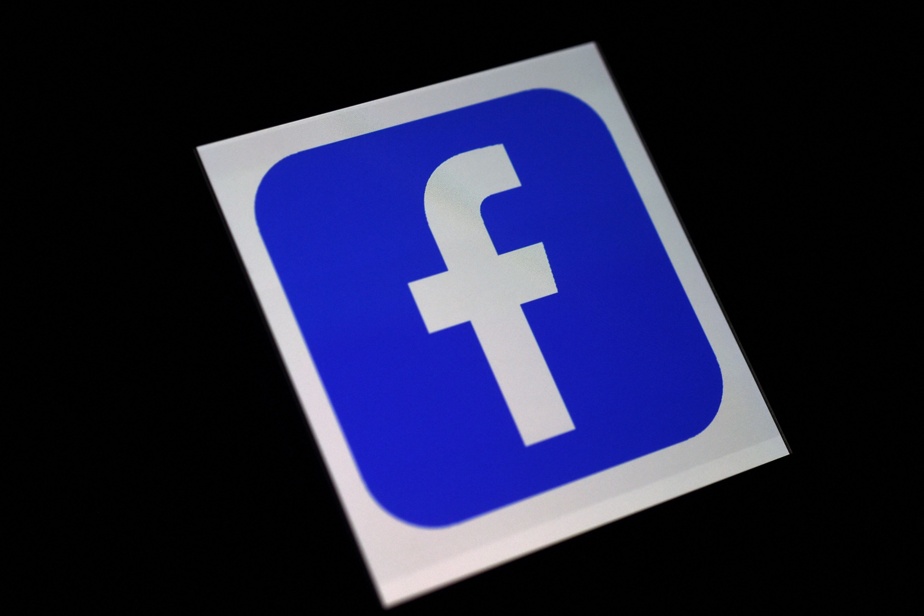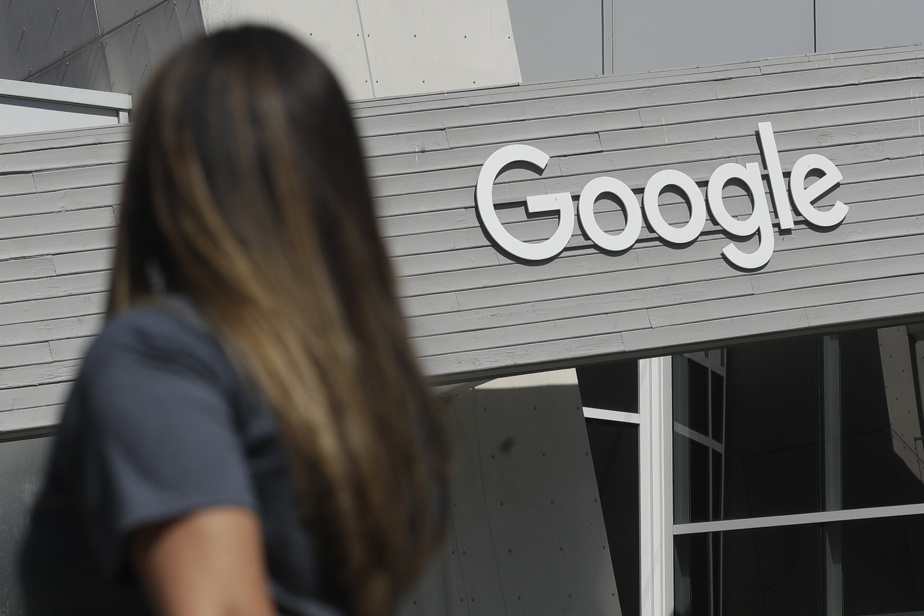
Not wanting to share its revenue with the news media, Facebook blocked the journalistic content of its platforms in Australia.
Why is Facebook’s decision being followed on the other side of the planet in Canada? This is because Australia was the first country to try by bill to pay news media royalties for using their journalistic content to force digital platforms such as Facebook and Google, which receive the most digital advertising in the world. The Trudeau government wants to get inspiration from Australia to force Facebook and Google into Canada as well. Ottawa wants to introduce a bill to this effect this year.
“The decision by Facebook in Australia regarding news sharing is unfortunate,” the office of Canadian Heritage Federal Minister Steven Gilbelt said in a written statement.
As of Thursday, there will be no journalistic content on Facebook in Australia. Australian media will be banned from the social network (they have a page, but will not transmit content) and Australian Facebook followers will not be able to view or share journalistic content from international media. The move comes as the Australian government is about to pass a law requiring Facebook and Google to negotiate royalties with the news media to pay compensation for using journalistic content on their platforms.
“We face an unpleasant choice: trying to follow the law that ignores the realities of the relationship [entre le réseau et les éditeurs], Or stop allowing informative content on our services in Australia, Facebook said in a written statement. With a heavy heart, we choose the second option. ”
Facebook argues that the financial value that journalistic content brings to its platforms is “minimal”. “Less than 4% of the news is in the content that people see [sur Facebook] The company believes the Australian bill will give it a “fine” by asking it to pay for the content “it was not taken or requested”. Facebook argues that it is the media that chooses to publish their content on Facebook.
Australian Finance Minister Josh Friedenberg said he had not notified authorities of his decision via Facebook. According to him, these “actions are unnecessary, damaging his authority and his reputation in Australia.”
The ban on journalistic content from Facebook in Australia has gotten off to a bad start in practice. According to Caretaker, Facebook, meanwhile, has banned content from healthcare, hospitals, the Australian Weather Bureau, politicians and some ministries on Facebook.
Google deals with Australia’s number one media company
Meanwhile, other digital giant Google, which is targeting the Australian bill, on Wednesday announced a revenue-sharing deal with News Corp, Australia’s largest news media group owned by media mogul. Media Rupert Murdoch. The details of the deal were not disclosed.

Photo by Jeff Chiu, Archives Associated Press
Google did not disclose details of the deal involved.
« [Google] Now in partnership with over 500 publications worldwide, this product showcases the value it can bring to our press partners and readers worldwide. We look forward to announcing more partnerships soon, ”said Dan Harrison, Google’s Global Partnership President.
In Canada, Justin Trudeau’s Liberal government wants to introduce a bill on the subject in 2021. Conservative Senator Claude Carrignon introduced a private member’s bill Wednesday. In Canada, Google estimates revenue from advertising on journalistic content on its search engine is 9 million million a year. Facebook did not disclose this information. News Media Canada, an organization representing more than 100 written news media (including Tap), Facebook and Google are expected to return 20,620 million in revenue to Canadian media annually. UQAM professor Jean-Hughes Roy estimates that number will reach 280 million by 2020.
With the Canadian Press and Agencies France-Press







More Stories
Allegations of corruption Qatar warns of ‘negative impact’ of European measures
USA: Famous “Hollywood cat” euthanized in Los Angeles
The campaigner who called for the shooting of Ukrainian children has not been charged